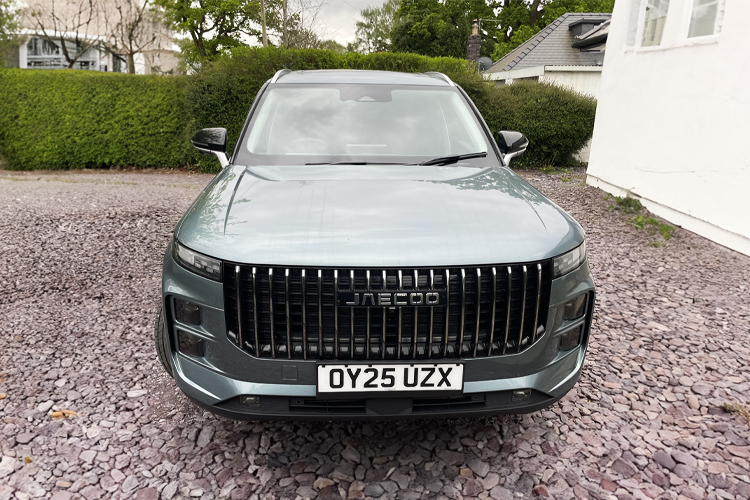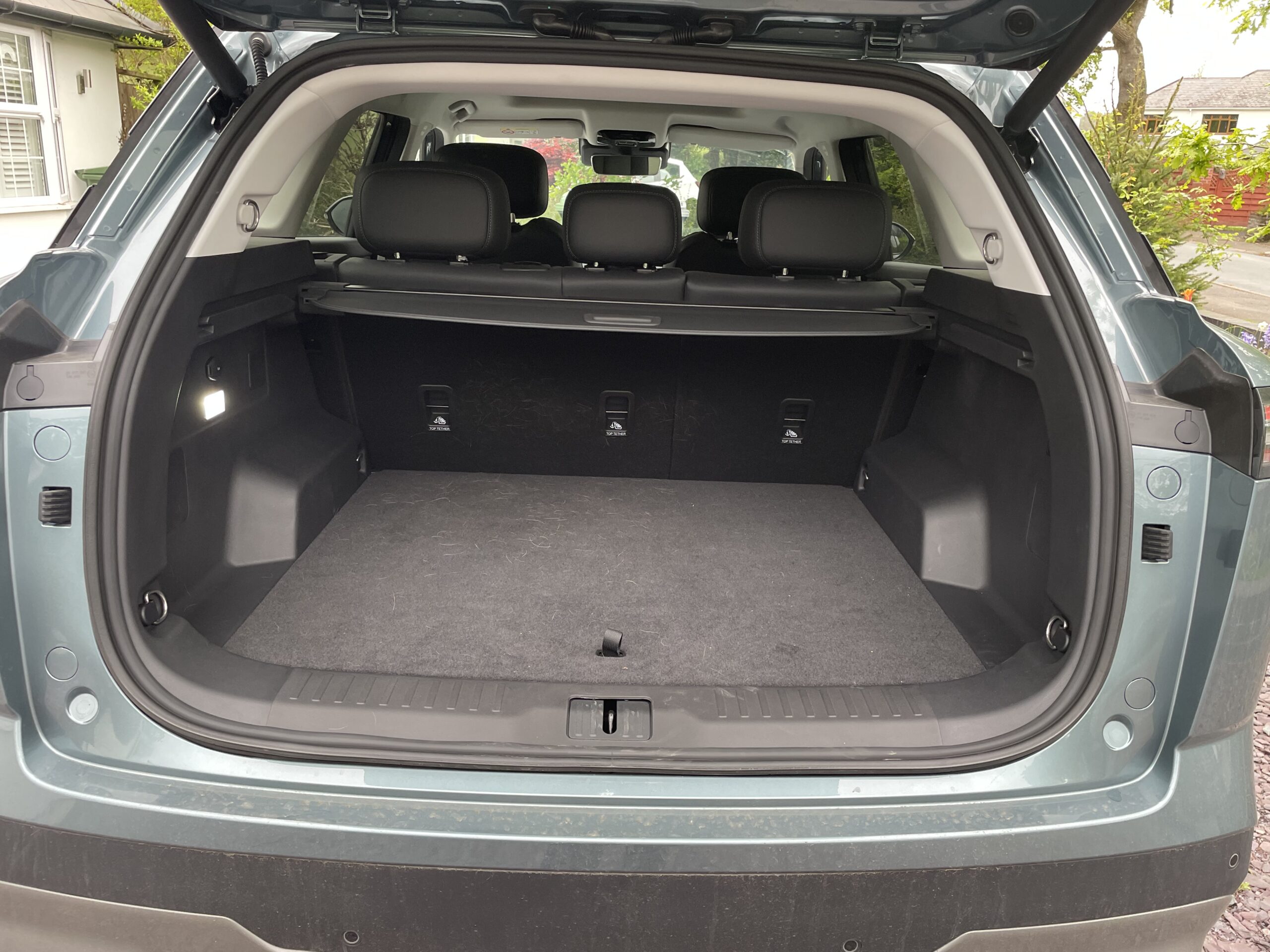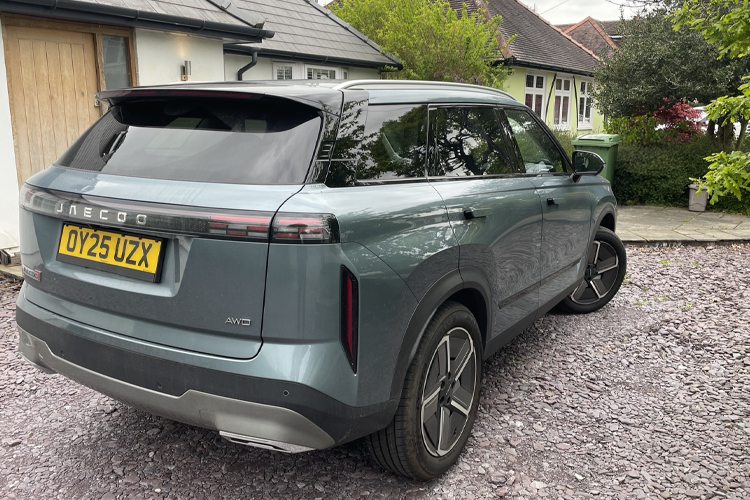First Drive: Jaecoo 7 – Range-Rover Looks on a £30k Budget
Why this newcomer matters China’s Chery Group is taking the UK by storm with a two-brand strategy: Omoda targets mainstream buyers while Jaecoo positions itself as the premium, design-led arm. If that’s new to you, picture the Volkswagen Group ladder: Chery = Skoda, Omoda = Volkswagen, Jaecoo = Audi. The Jaecoo 7 is the first … Continued



